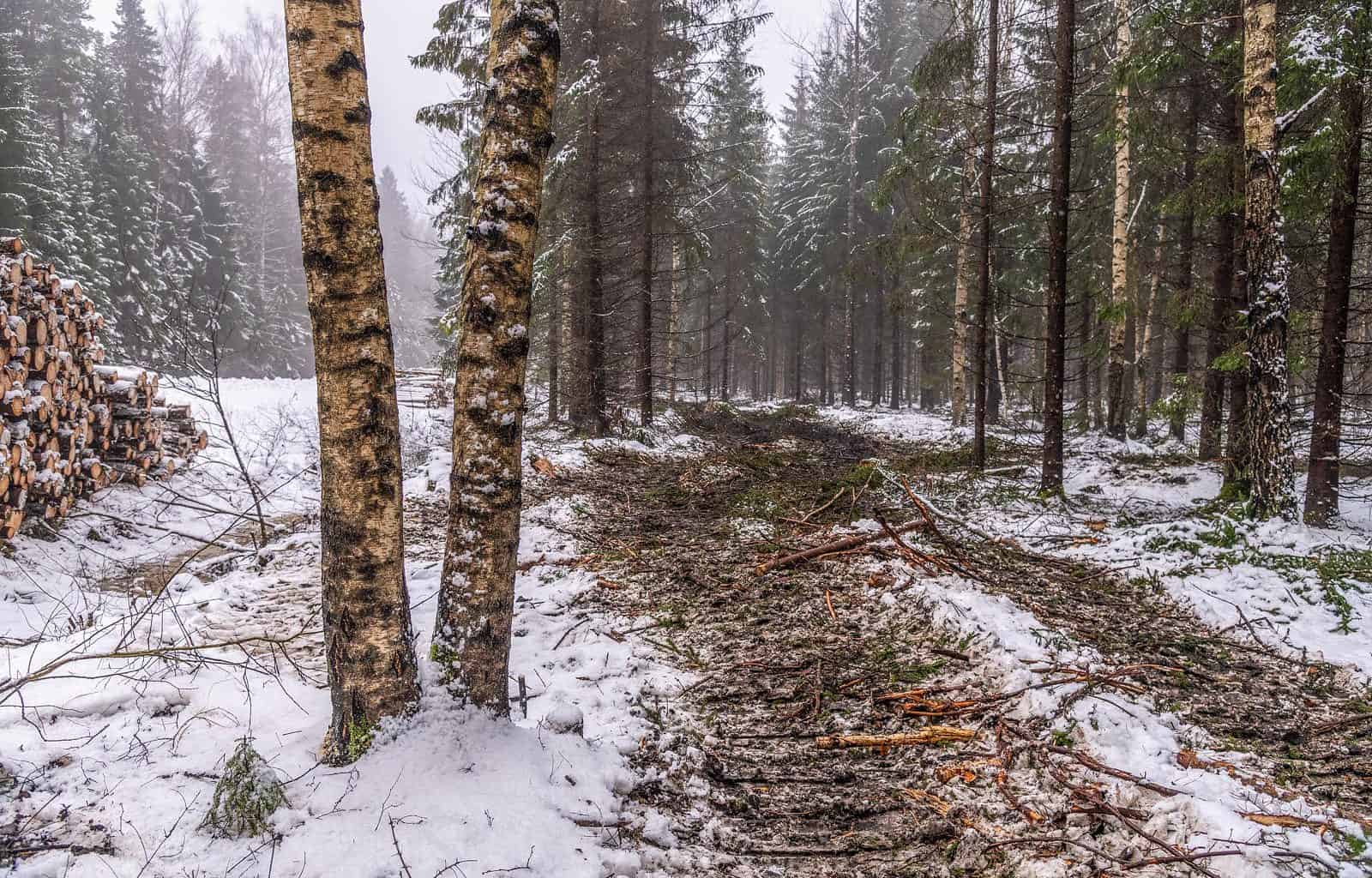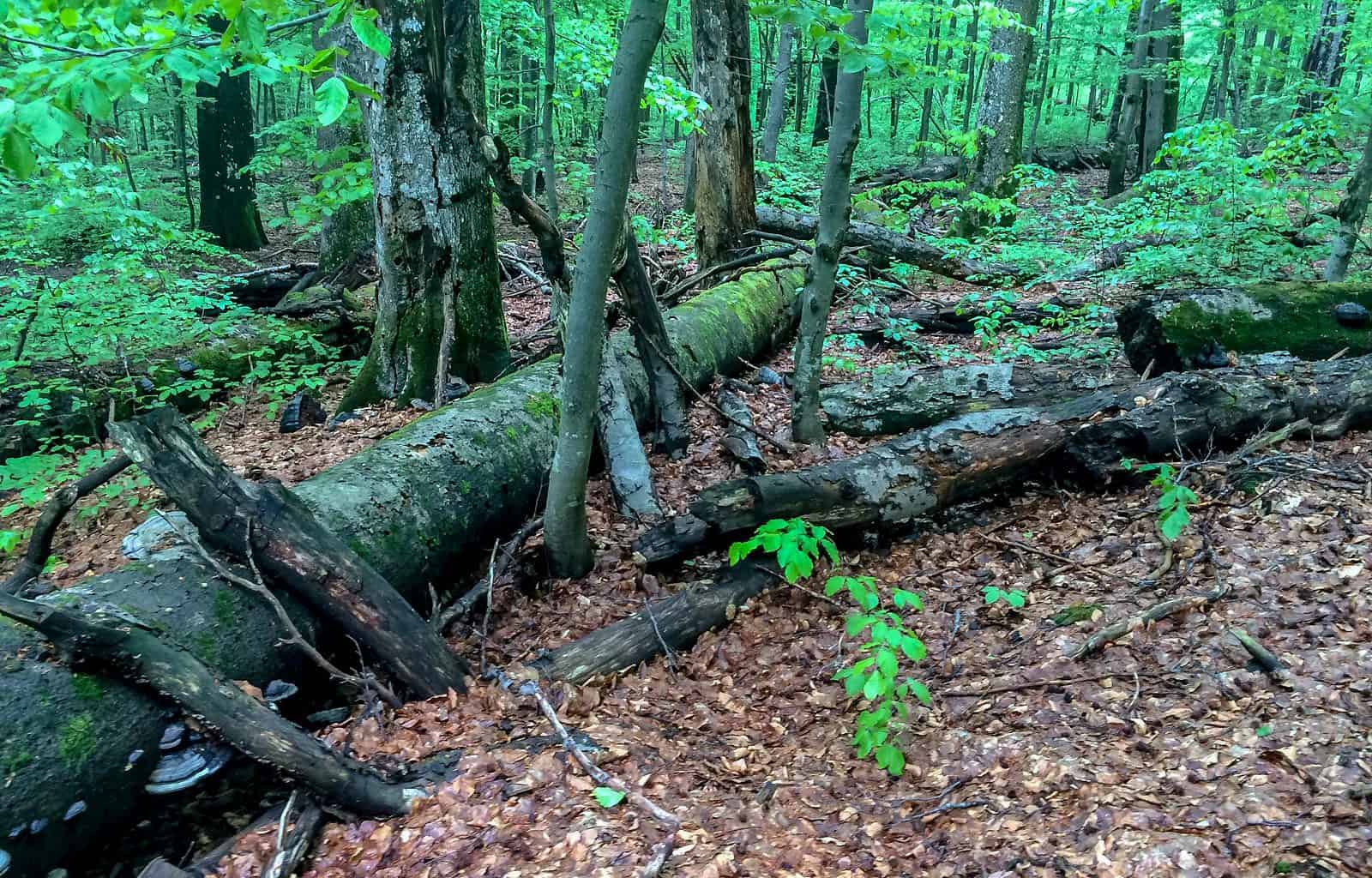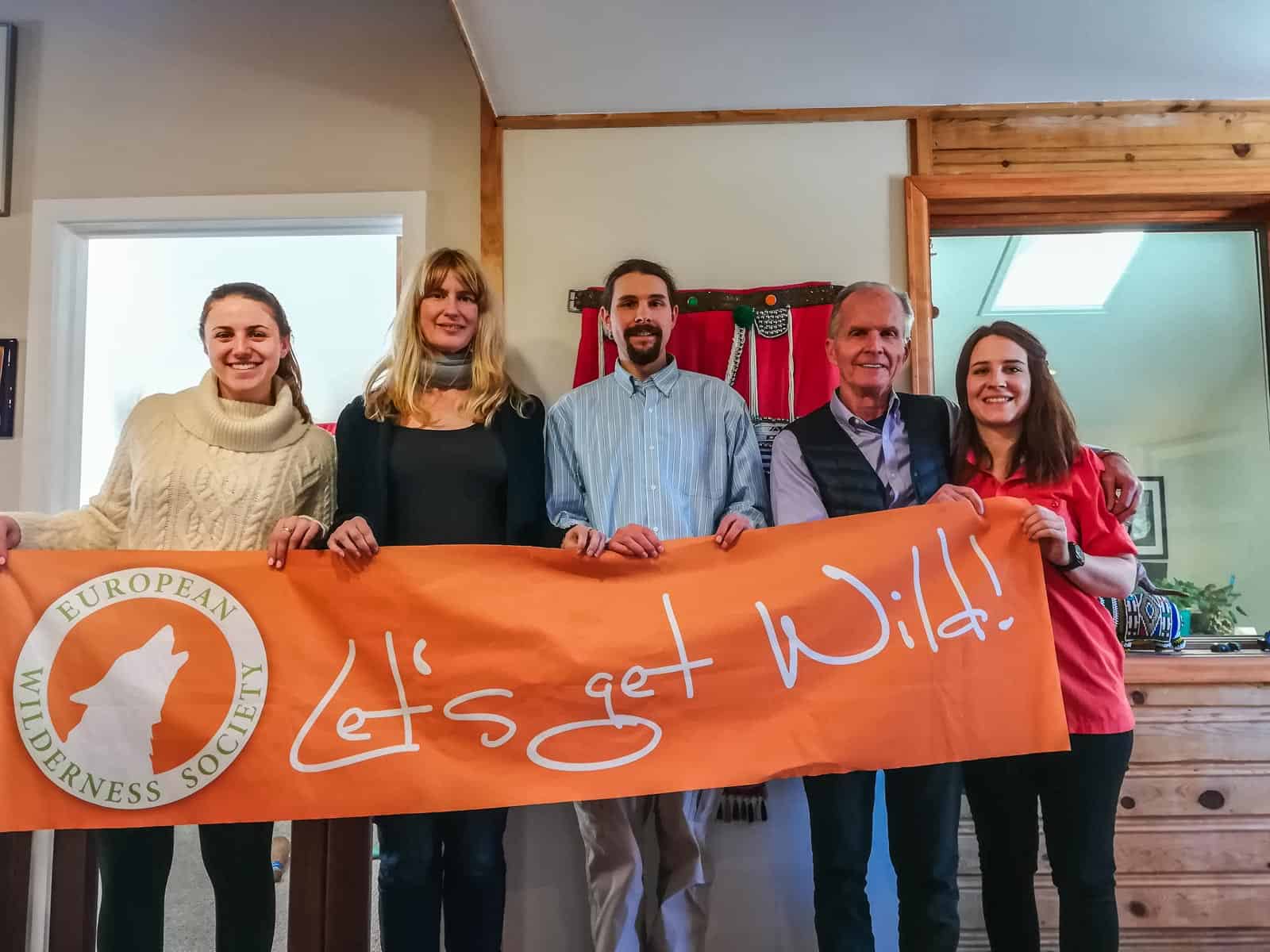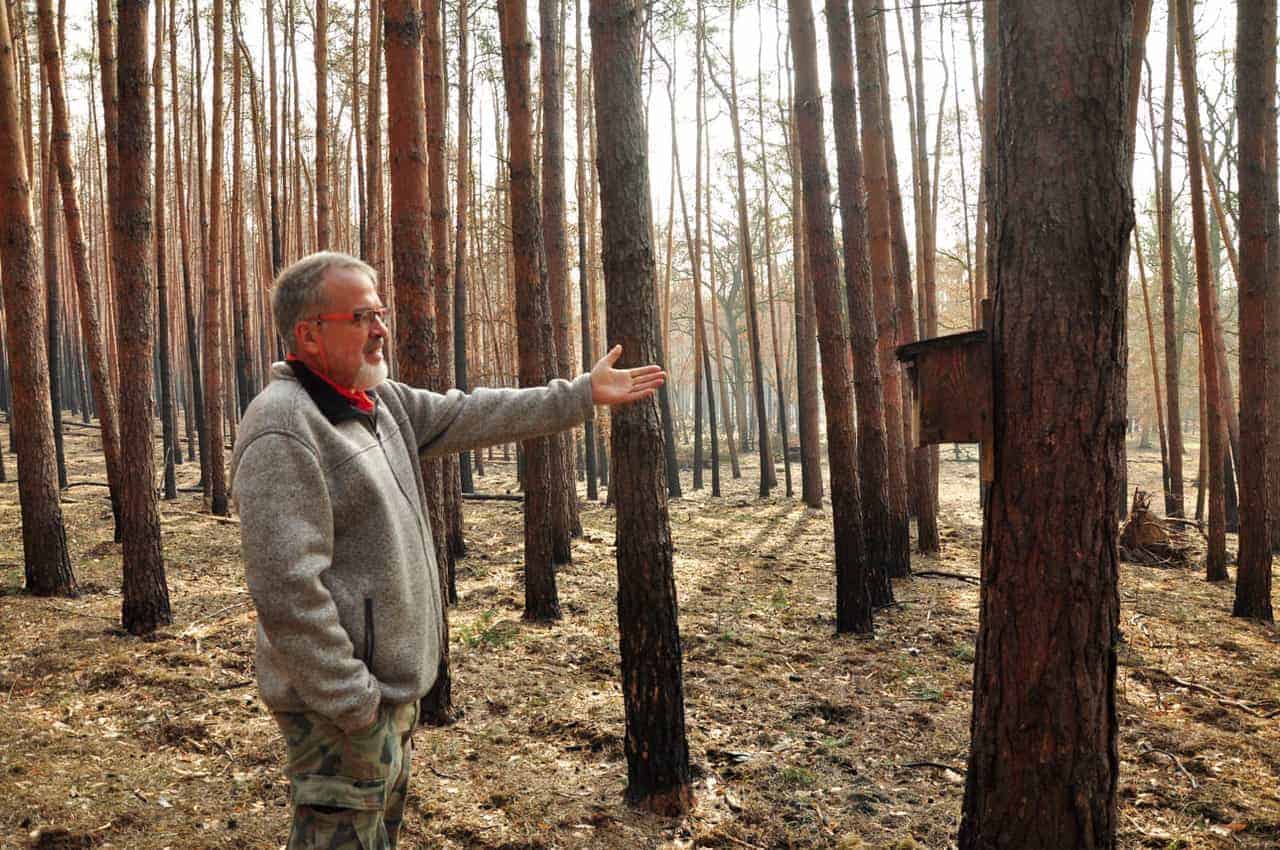Global resolution to reduce deforestation until 2030
At the COP26 world climate summit in Glasgow, more than 100 countries have pledged to stop deforestation by 2030. This was declared by the British government, which is chairing the UN conference. But is this even possible? After all, an area of forest equal to about 27 football fields is lost every minute.
An ambitious goal?
All EU member states and the countries with the largest forests worldwide such as Canada, Russia, Brazil, Indonesia, Colombia as well as China, Norway and the Democratic Republic of Congo were present at the COP26. They represent 85 percent of the world’s forest area – about 34 million square kilometres. According to data from the World Resources Institute, these would shrink by 258,000 square kilometres in 2020. An area larger than that of the UK itself!
According to the agreement, about 10.3 billion euros in public funds will be mobilised for the project by 2025. In addition, there will also be 7.2 billion US dollars in private investment. Although the agreement was accompanied by several measures to help implement it, some stakeholders criticised the agreement for lacking bite. They argue it would allow further deforestation and that similar efforts had failed in the past.
Details of the agreement
At the heart of the agreement is an effort to reduce the lucrative financial incentives for deforestation. Much of the world’s deforestation is driven by global demand for food. This drives people to cut down trees to make way for cattle, soy, cocoa and palm oil.
Indonesia’s president Joko Widodo, for instance, said his country was blessed with a lot of rainforest and that his government is committed to protecting them as “natural capital“.
The agreement also brings together countries like Brazil, where deforestation in the Amazon and elsewhere has increased sharply in recent years. More than 75% of the cleared areas in the Amazon are used for grazing (especially for cattle) and for the production of animal feed. So realistically, the deforestation stop can only be achieved if the food system is also fundamentally changed.
But as so often it is the case in diplomatic negotiations, securing broad agreement from the most critical countries has potential weaknesses. The nature conservation organisation Greenpeace also criticised the initiative, saying it would effectively give the green light “for another decade of deforestation” before actual improvements will be made.









